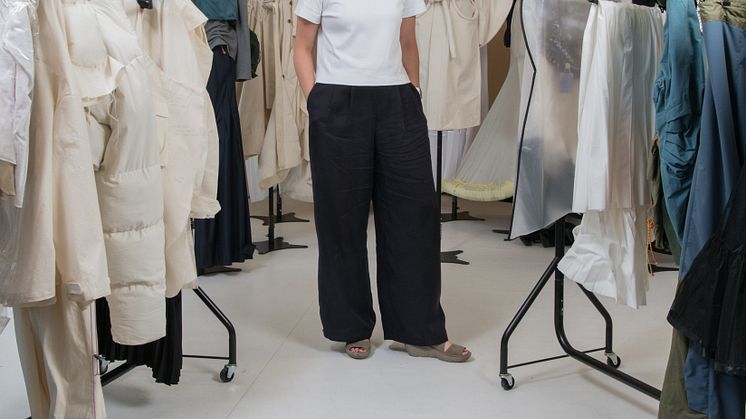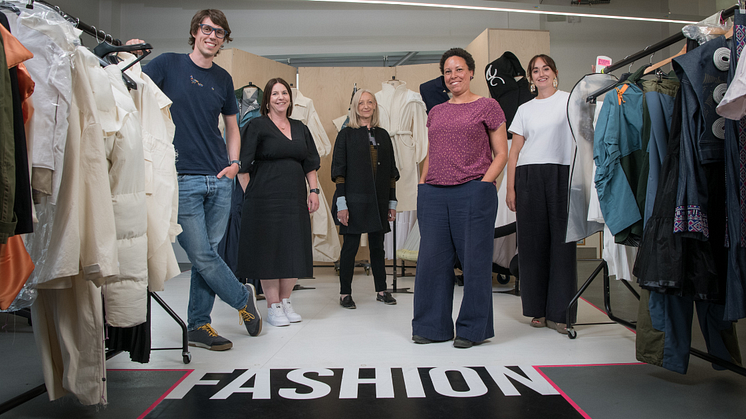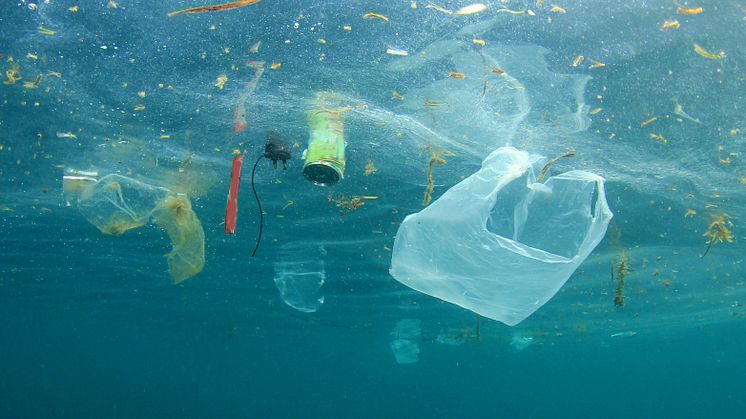
Press release -
Extent of microfibre pollution from textiles to be explored at new research hub
A newly established research hub in North East England will explore the extent and environmental impact of microfibre loss from textiles.
Microfibre shedding from clothing during machine washing and drying is well known, with the tiny fibres causing harm to wildlife and the environment when they enter soil, air and waterways.
Located on Northumbria University’s campus in the centre of Newcastle, the Fibre-fragmentation and Environment Research Hub (FibER Hub) is the result of a collaboration between the University and The Microfibre Consortium (TMC) and will extensively test a wide variety of fabrics to determine the level of microfibre loss under different conditions and the associated environmental impacts.
Recent research has shown that the clothes we wear are shedding microfibres throughout their entire lifespan, from textile manufacture through to everyday wear. Even microfibres from fabrics considered ‘natural’, such as cotton, can have a negative impact on the environment, as manufacturing processes introduce chemical dyes and finishes to the fabric so that it is no longer in its natural state.
Based in the Northumbria School of Design, Arts and Creative Industries, the FibER Hub features state-of-the-art equipment which will allow researchers to understand exactly what and how much fibre a fabric sheds at each stage of its lifespan.
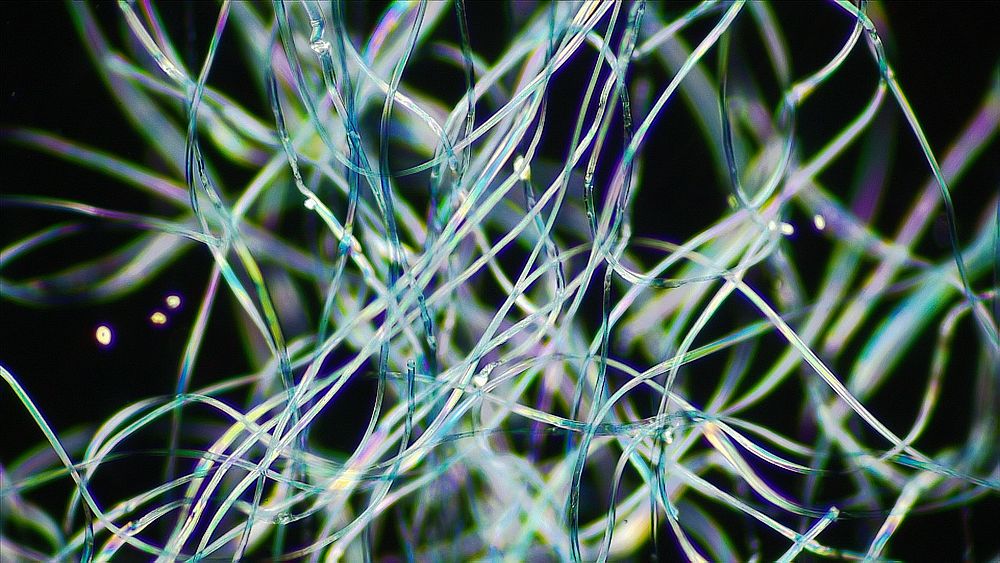
In recent years, efforts have focused on quantifying microfibre loss from domestic laundering. This new collaboration will build on existing knowledge and compliment these learnings through the exploration of additional environmental settings in which textiles shed fibres.
It is hoped that the research will inform the development of more sustainable textiles in the future, with targeted interventions throughout the lifespan to reduce shedding rates.
Work on this topic is being led by The Microfibre Consortium (TMC), a science-led nonprofit organisation which is convening the global textiles sector through The Microfibre 2030 Commitment and Roadmap.
TMC connects academic research with the reality of commercial supply chain production to facilitate science-led change within the industry. It is the first and only organisation that is fully focused on this issue and works on behalf of its 95 signatories, which include global brands and retailers, suppliers, and NGOs.
The FibER Hub has been developed as part of the IMPACT+ project – a multi-disciplinary network of academics and industry experts, set up to challenge the way environmental impact is measured and assessed across the fashion and textile industries.
Established in 2023, the project is funded through UK Research and Innovation’s circular fashion and textile programme NetworkPlus, and includes academics from Northumbria University, King’s College London and Loughborough University, covering a variety of expertise, such as water, air and soil pollution, forensic science, design, and big data.
Working alongside them are representatives from global fashion brands including Barbour, Montane, and ASOS; sustainable clothing companies Agogic and This is Unfolded; campaign groups Fashion Revolution and WRAP; and the Northern Clothing and Textile Network, Newcastle City Council and Newcastle Gateshead Initiative.
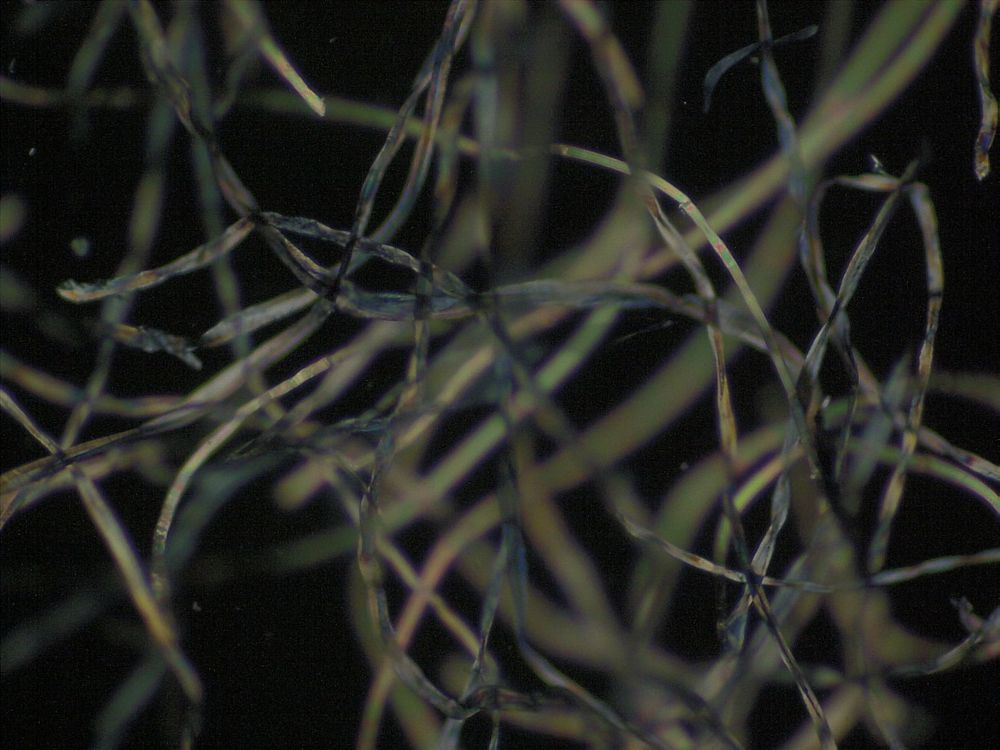
Northumbria’s Dr Alana James is Principal Investigator for the project and said: “This strategic partnership reflects the core aim of the IMPACT+ Network by focusing on microfibres as an overlooked and unmeasured environmental pollutant.
“Interdisciplinary collaboration with design and environmental science will enable our research to reduce fibre shedding at the root cause, whilst implementing these insights directly within an industry setting.”
Dr Kelly Sheridan is Chief Executive Officer of TMC and an Associate Professor in Forensic Science at Northumbria. Her research focuses on textile fibres and fibre fragmentation.
She said: “The FibER Hub collaboration enables TMC to draw on the interdisciplinary skills and technical capabilities of Northumbria and the IMPACT+ team to expand our knowledge offering to our signatory community.
“Through this collaboration, the TMC research team will provide direction to relevant research informed by industry needs, to go beyond what is possible today and create robust, wide ranging and comprehensive lifespan data on fibre fragmentation.”
Find out more about the IMPACT+ project or get in touch if you are interested in collaborating with the project team.
FURTHER INFORMATION:
Visit the Northumbria University Research Portal to find out more about Dr Alana James and Dr Kelly Sheridan's research.
Topics
Categories
UNIVERSITY OF THE YEAR 2022 (Times Higher Education Awards)
Northumbria is a research-intensive university that unlocks potential for all, changing lives regionally, nationally and internationally.
Two thirds of Northumbria's undergraduate students come from the North East region and go into employment in the region when they graduate, demonstrating Northumbria's significant contribution to social mobility and levelling up in the North East of England.
Find out more about us at www.northumbria.ac.uk
--- Please contact media.communications@northumbria.ac.uk with any media enquiries or interview requests ---










